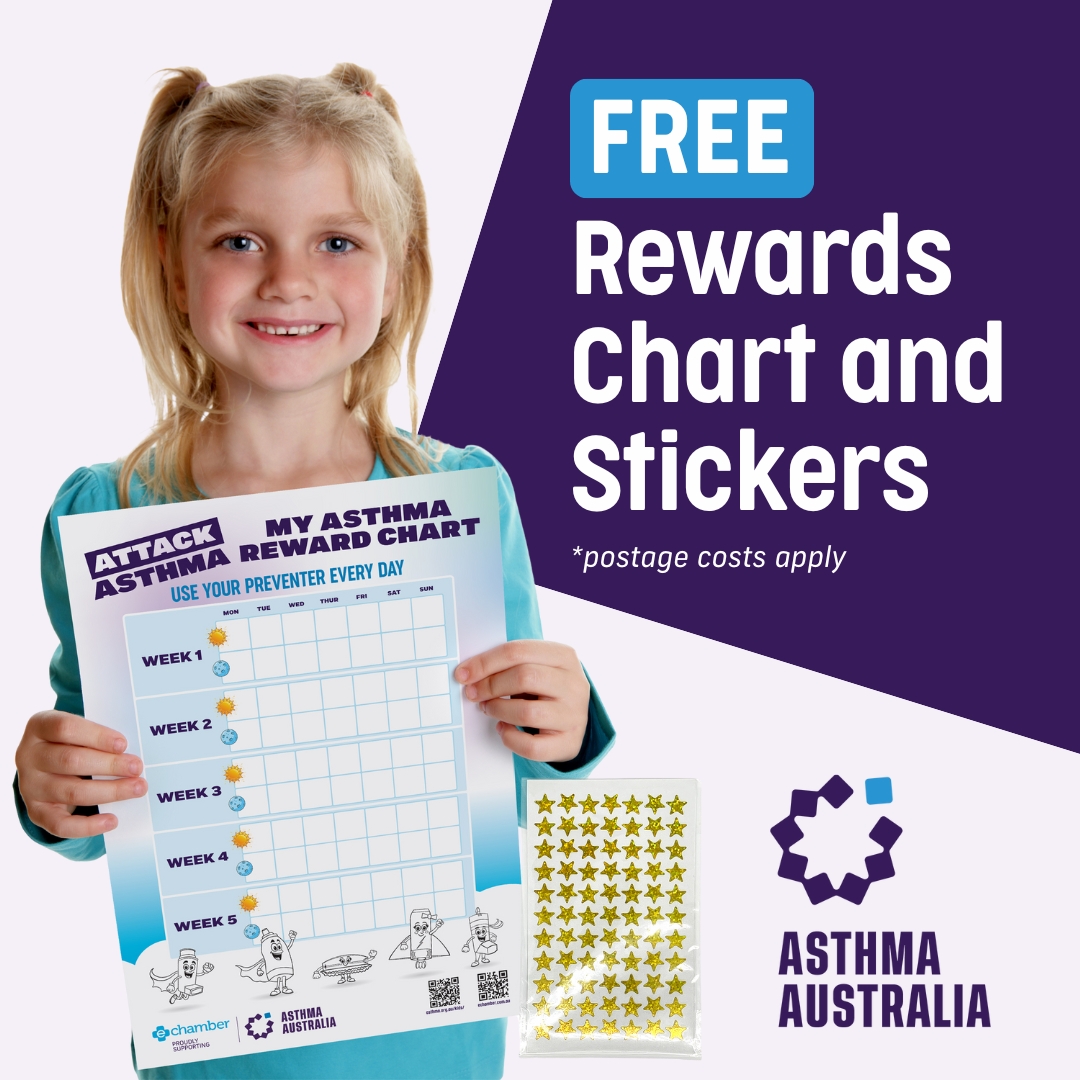
This Asthma Week, Asthma Australia is confronting the stigmas around common devices used to treat asthma, including puffers and spacers. We also are exploring how people feel using these in public places.
Stigma is when someone views you in a negative way because of your asthma. This can leave people feeling lonely, misunderstood and embarrassed. It can be what you think others are thinking about you too.
We asked members of our community how they felt about taking their own medication in front of other people.
“I literally turn away or hide – with my head almost in my bag – to use my puffer with a spacer,” said one person.
This is sadly an all too familiar story for people with asthma.
To find out more, we asked Australians to complete a survey about their opinions of asthma puffer use.
We found that while most (95%) people said they were supportive of someone using a puffer in public, at least 1 in 4 people said that if they had asthma, they would be uncomfortable using one themselves.
Nearly 1 in 2 people (48%) who have asthma or care for someone with asthma say they would feel uncomfortable to use an asthma puffer in public.
This was higher for people who care for someone with asthma who say they would feel uncomfortable (or the people they care for).
Experts agree that our feelings towards asthma and puffers need to change to help improve lives.
In his work as a respiratory physician, Dr John Blakey has witnessed the negative impacts of stigmas on people with asthma.
“Being stigmatised for having asthma means people are less likely to take their treatment. This leads to them being more overtly symptomatic, and therefore more obviously have asthma. This vicious circle leads to avoidable harm,” Dr Blakey said.
“Taking inhalers is an obvious point of difference that can lead to stigma and bullying, although there are some notable exceptions – like Olympic swimmer Ian Thorpe or soccer star David Beckham.
“We need more successful people to be open about this aspect of this life.
“Time and again we see that the ‘weak’ kid or the anxious man on a TV show has asthma. Children growing up with that exposure tend to hide their condition from their peers and then their employers because they don’t want to be seen as ‘lesser’.”
This Asthma Week, we want to encourage people to remove the stigma from asthma, so that people with asthma don’t feel embarrassed about treating their condition.
This is so important because when people with asthma feel supported, they manage their asthma better.
The level of support that people with asthma receive – especially in a vulnerable moment – can make all the difference to their ongoing relationship with their asthma.
Help improve how your friend, co-worker or family member feels by changing the conversation around asthma. Because what you think matters. Find out how to best show your support here: ‘Six ways to support a friend or co-worker with asthma’
If this has brought up concerns for you or someone you know, don’t wait – just call:
- Lifeline on 13 11 14
- Beyond Blue on 1300 22 4636
- MensLine Australia on 1300 789 978
- 13Yarn on 13 92 76 to talk with an Aboriginal or Torres Strait Islander Crisis Supporter
Life is full of challenge and change, ups, and downs. It’s important to be aware of our mental wellbeing and the wellbeing of those around us.





 1800 278 462
1800 278 462



